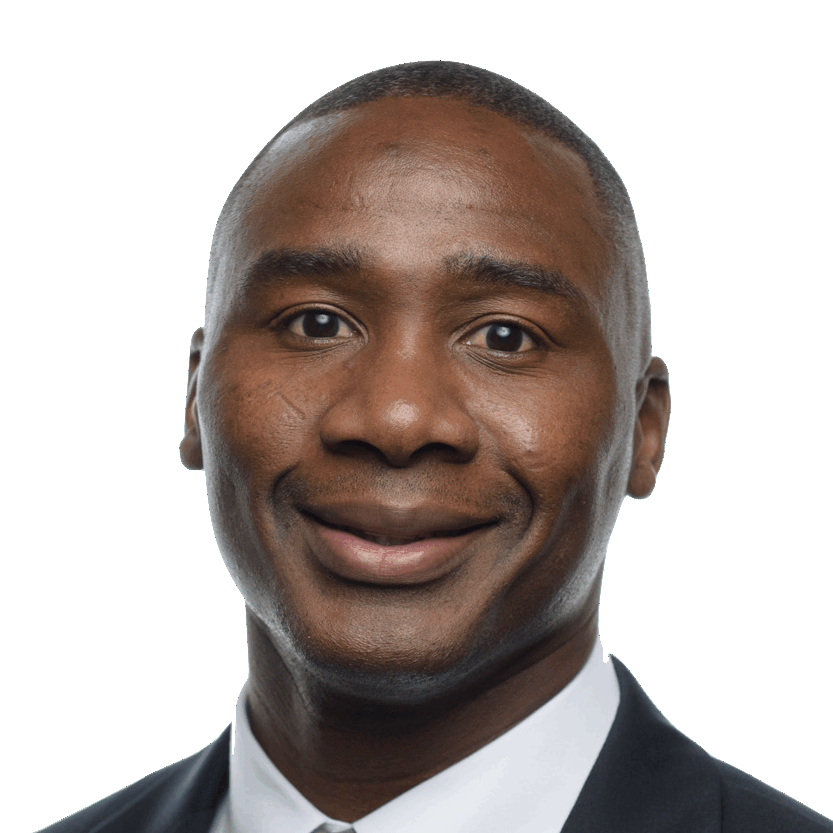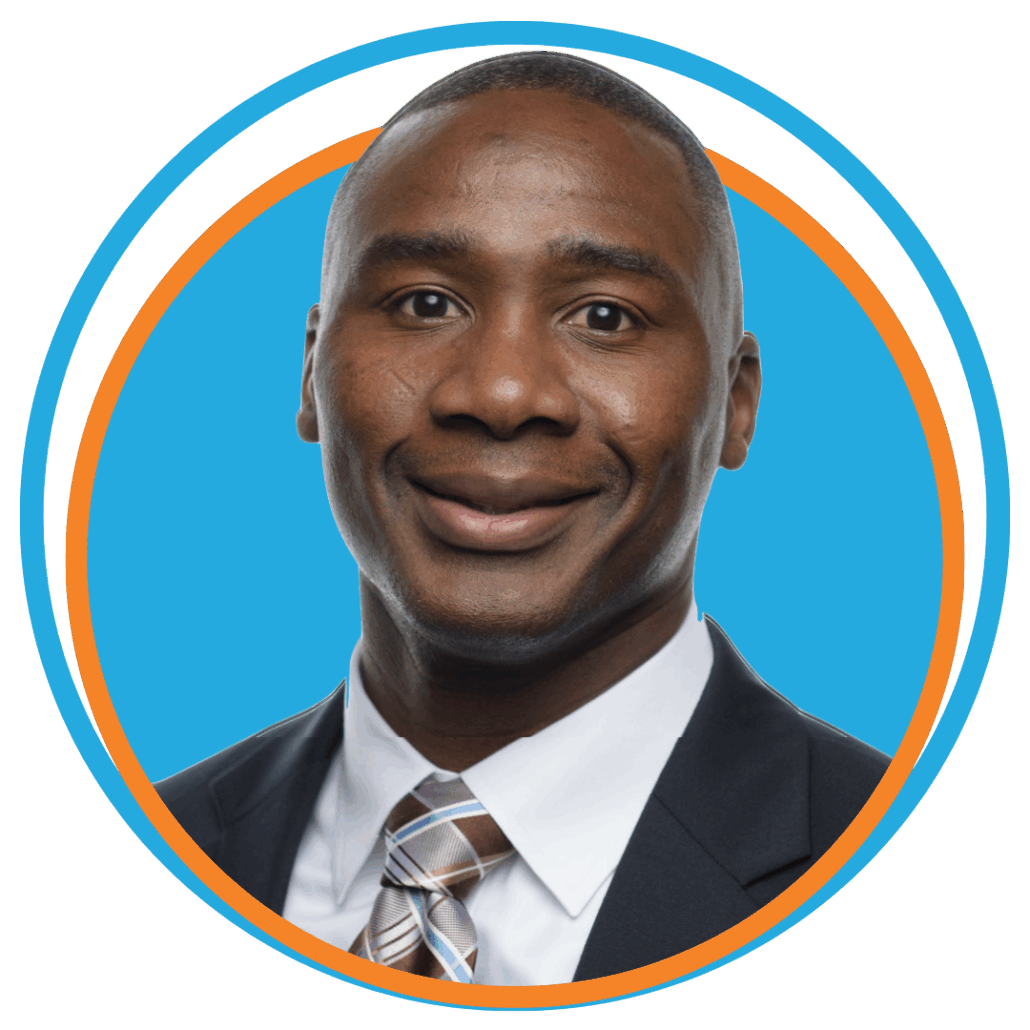Leave your comment below.
The answer:
In this situation, it appears that students are making ineffective contributions to their academic work. When students experience a sense of preparedness before an exam, only to feel lost during it, they may be engaging in what I call “Pseudowork.” In Chapter 10, I introduce this common cognitive trap.
Pseudowork appears to be a genuine effort, resembling authentic work, but it is actually misleading. It’s like students spending hours studying, only to discover that the knowledge they acquired doesn’t align with what’s needed. Pseudowork deceives individuals into thinking they are making progress when, in reality, their actions are unproductive.
As Bruce mentioned in the comments about this puzzle, students must employ better self-testing strategies. Often, they use what was covered in class as their testing criteria. While this may seem logical on some levels, it is inadequate for cognitively complex courses. Students need more accurate self-testing criteria.
Brenda’s insights about students struggling to retain information in their long-term memory are very helpful. I often explain that memory and learning occur in different areas of the brain. To engage the executive functioning parts of the brain responsible for complex thinking skills, students must adopt a different approach to learning.
If we want to help students—and ourselves—escape the Pseudowork Trap, we need to teach them to diversify their thinking skills. This will enable them to fully utilize their entire toolbox of cognitive abilities. I explain how this diverse thinking works in the following videos. (The students at the end of the video do a great job of sharing the benefits of solving this puzzle.)



2 comments
Bruce Epps
I would dig deeper to learn many more details about how the students are studying to see whether they are using effective metacognitive and self-testing strategies. They may be investing a lot of time and feel they are familiar with the material, but that could just be the “illusion of knowing” if they’re not using effective strategies to confirm their learning and understanding. The “solid contributions” they’re making during class could be explained by them having at least some general understanding of the material, but that same general level of understanding might not be sufficient for them to perform well on exams.
Brenda Reid
The students are committing the knowledge to their short term memory but not attaching it to prior knowledge and are unable to use the information in meaningful ways. It’s simply data to regurgitate. They’re in the lower order thinking skills of knowledge, understanding and application- but all in the context of how they received the information and memorized it to spit back.
They spend all those hours studying, only to lose the information because it wasn’t connected to anything meaningful. It’s like saving for years to buy a yacht, spending the money and putting it in at the marina, only to not tie it off to anything. When you return, the yacht has floated away and your investment is gone.
Students need to attach the new information to something that is already in their long-term knowledge storage so they can pull it up, recall it, and use it in meaningful ways. They need to work in the higher order skills of analyzing, evaluating and creating as they study. They need to show they can not only recall the information, but can use it in new ways, varied scenarios, with skill and accuracy for the situation and the parameters it holds.